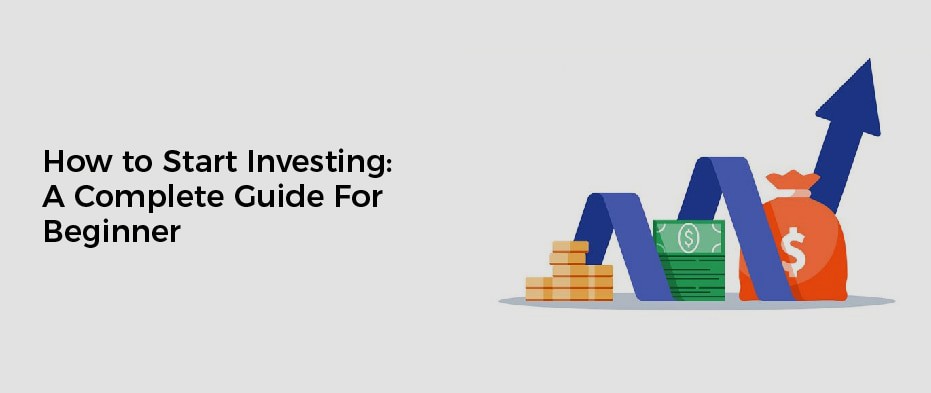How to start investing? Investing can be a great way to secure your financial future, but it can be daunting to know where to start. Here are a few tips to get you begin on your investing journey.
The first move is to figure out what you want to achieve with your investments. Do you want to grow your wealth over the long term, or generate income in the short term? Once you know your goals, you can start researching different investment options that align with them.
Next, you need to understand the risks associated with each type of investment. For example, stocks tend to be more volatile than bonds, so they may not be ideal if you’re looking for stability. On the other hand, if you’re willing to take on more risk for the chance of higher rewards, then stocks may be a good option for you.
Invest as early as possible
If you’re like most people, you probably think you should start investing as early as possible. And you’re right! The sooner you begin investing, the more time your money has to grow.
But what if you don’t have a lot of money to invest? Should you wait until you have more saved up?
The answer is no! Even if you only have a small amount of money to invest, it’s still worth doing. Why? Because the sooner you start, the more time your money has to grow. And the more time your money has to grow, the more money you’ll have in the end.
So how do you get started? If you’re not sure where to begin, there are plenty of resources out there to help you. You can start by reading books or articles about investing, or speaking with a financial advisor.
Decide how much to invest
When it comes to investing your money, there is no one-size-fits-all answer. The amount of money you should invest depends on a variety of factors, including your age, your goals, and your appetite for risk.
If you’re young and just starting out, you may be able to afford to take more risks with your investments. You have time to weather the ups and downs of the market, and you can afford to lose some money if necessary.
As you get older, you may want to start thinking about preserving your wealth. This means investing in less risky assets like bonds and cash. You may also want to start withdrawing some money from your investments so that you can enjoy a comfortable retirement.
Ultimately, only you can decide how much to invest.
Open an investment account
When it comes to investing, there are a lot of options and strategies to consider. But one of the most important first steps is simply opening an investment account.
There are many different types of investment accounts, so it’s important to choose the right one for your needs. A broker can help you understand the different options and make recommendations based on your goals.
Once you’ve opened an account, you’ll require to fund it. This can be done by transferring money from a checking or savings account, or by contributing money on a regular basis.
Investing can be a great way to grow your wealth over time, but it’s important to do your research and understand the risks before getting started.
Pick an investment strategy
There are many investment strategies to choose from and it can be difficult to decide which one is right for you. Here are a few things to consider when picking an investment strategy:
Your investment goals: What are you hoping to achieve with investments? Are you seeing to grow your wealth over the long term, or do you need access to your money sooner?
Your risk tolerance: How much risk are you willing to take on? Are you comfortable with volatility in the markets, or do you prefer more predictable investments?
Your time horizon: When do you need access to your money? Are you investing for the short-term or the long-term?
Understand your investment options
When you’re ready to start investing, you need to understand your investment options. This guide will explain the basics of stocks, bonds, mutual funds, and exchange-traded funds (ETFs).
Stocks represent ownership in a publicly traded company. When you purchase a stock, you become a shareholder. You may make money on a stock if the company does well and the share price goes up, or you may lose money if the company does poorly and the share price falls.
Bonds are loans that investors make to corporations or governments. When you buy a bond, you’re lending money to the issuer. In return, the issuer promises to pay you interest payments for a set period of time and to repay your loan at maturity.
Mutual funds are professionally managed portfolios of stocks, bonds, and other securities.



